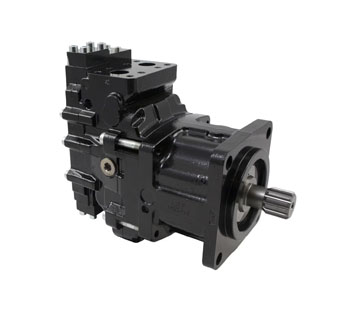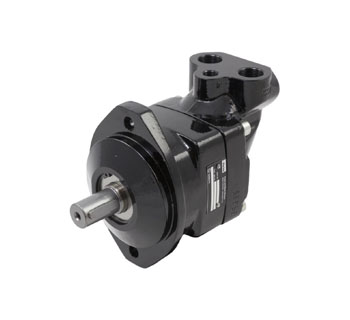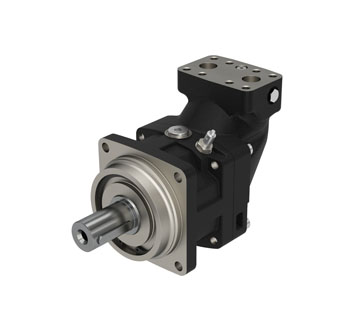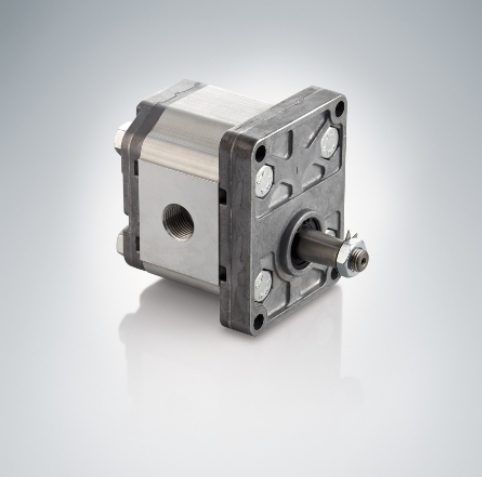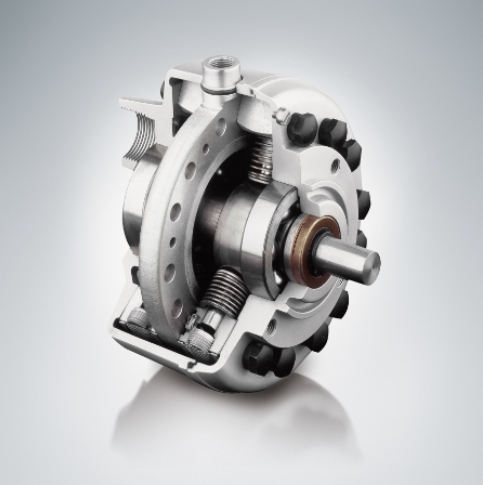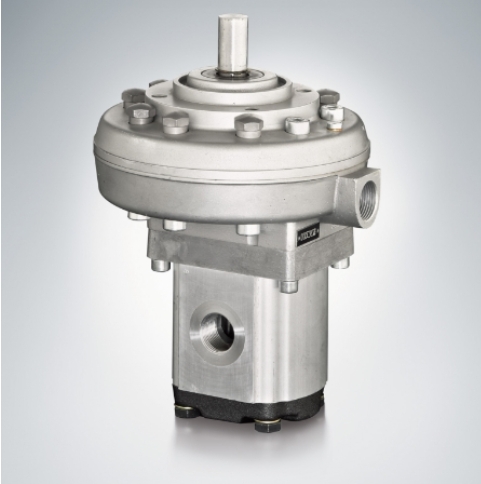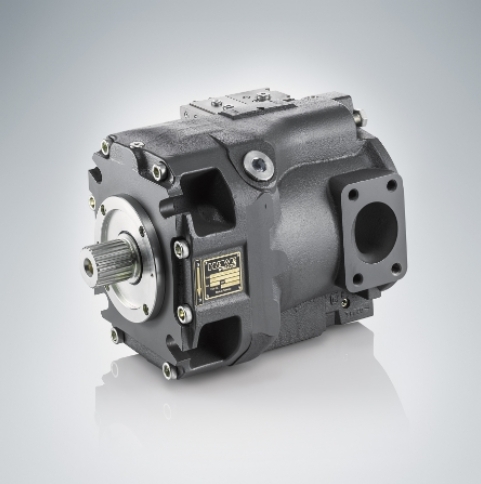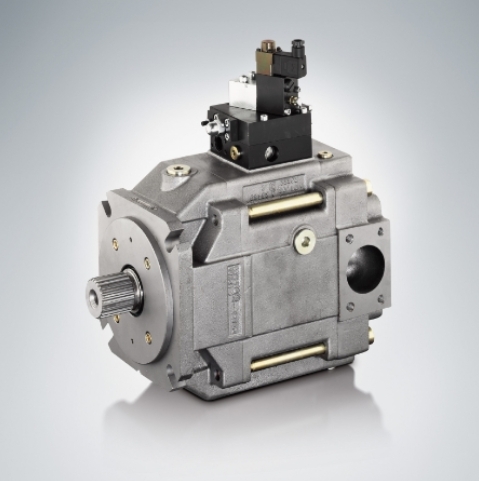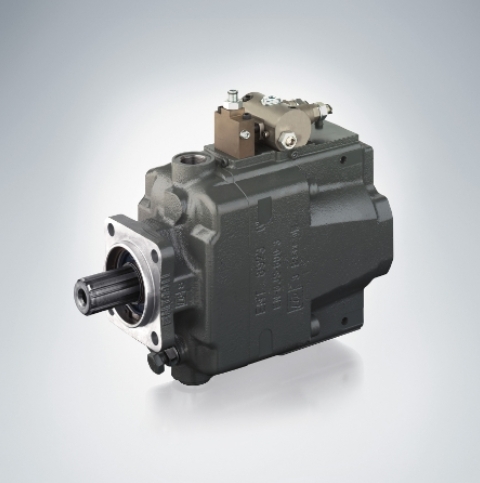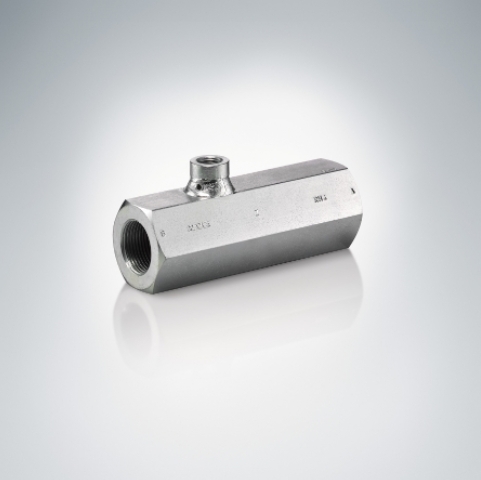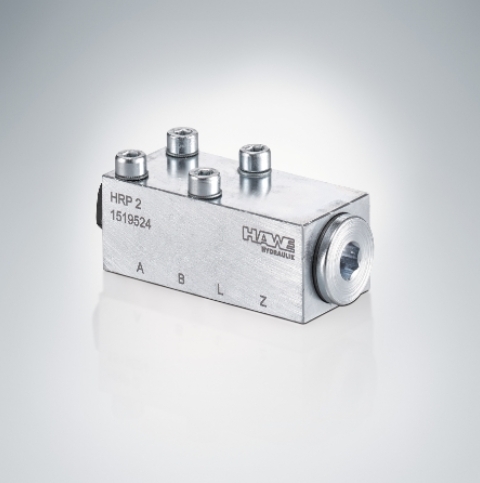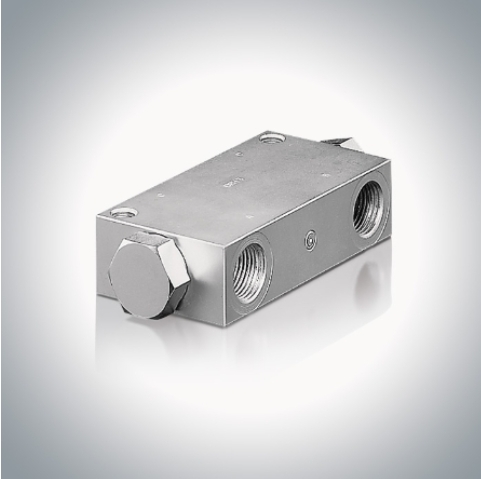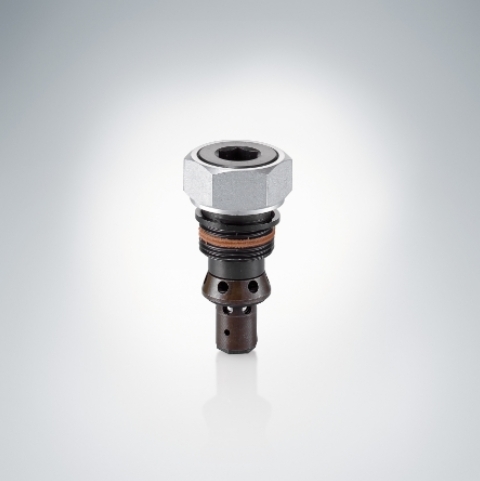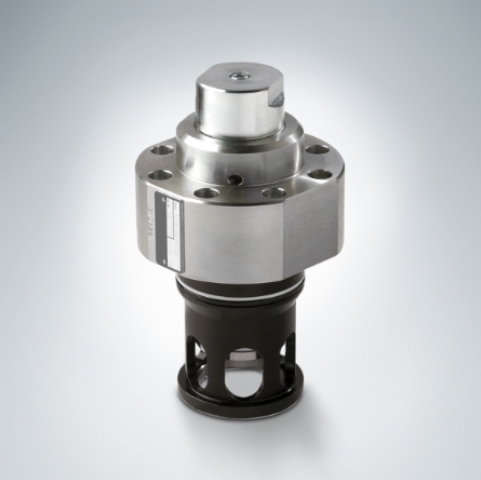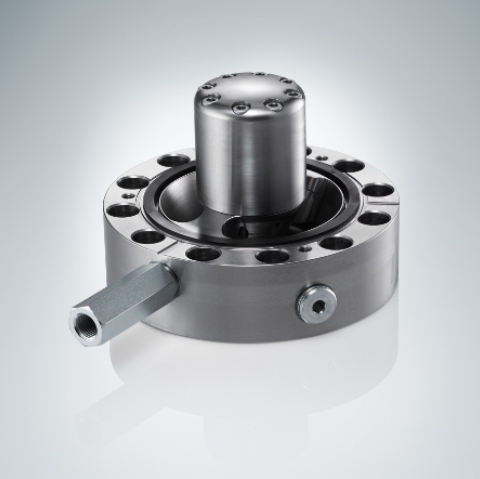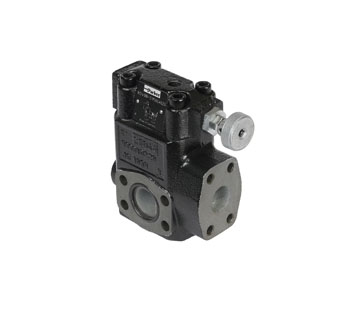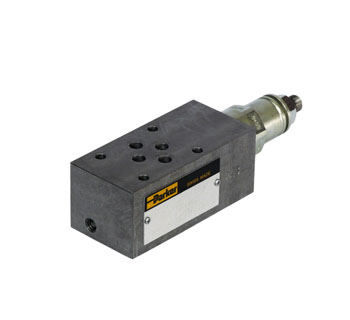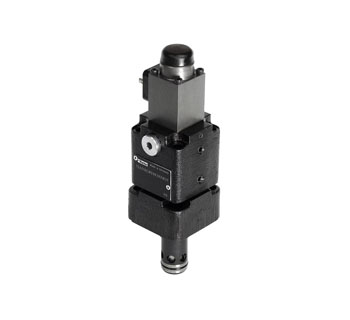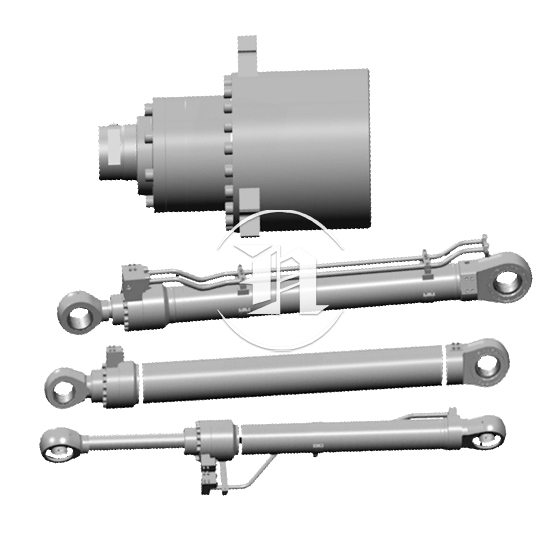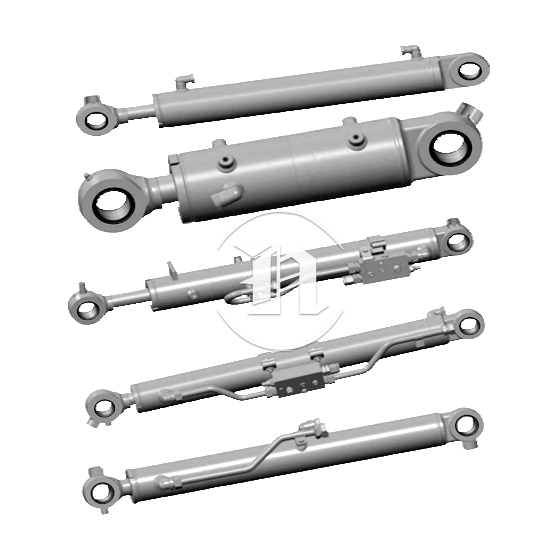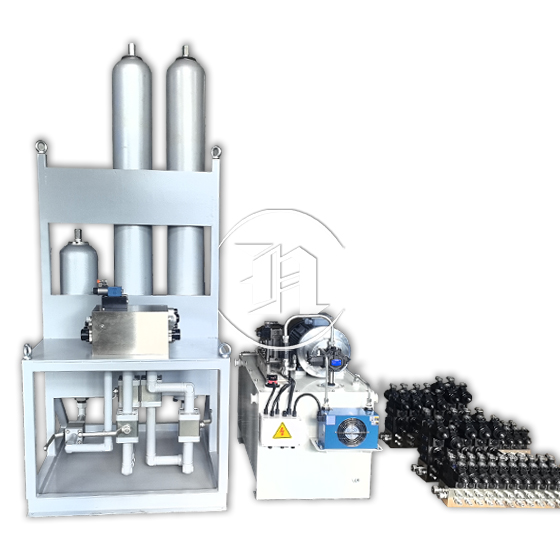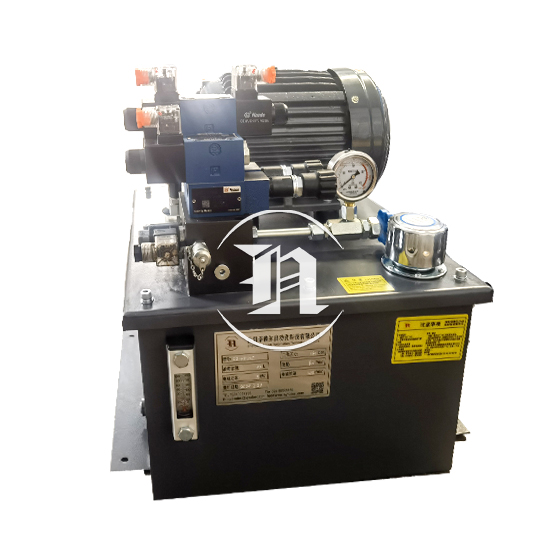How to choose hydraulic oil when customizing hydraulic stations
2024-09-24 16:14:05
Customers often come to Nordel and say they want to customize hydraulic stations, but they don't know how to choose hydraulic oil. No problem, today I'm here to explain to you and give you some peace of mind! The selection of hydraulic oil is not a small issue, it is related to the normal operation of the entire hydraulic system. So, let's take a look together!
The working pressure has a significant impact on the quality requirements of hydraulic oil. As the working pressure of the system increases, the anti-wear, anti-oxidation, anti foaming, anti emulsification, and hydrolysis stability properties of hydraulic oil also need to be correspondingly improved. At the same time, to prevent leakage caused by increased pressure, the viscosity of hydraulic oil also needs to be correspondingly increased. On the contrary, when the working pressure is low, low viscosity hydraulic oil should be selected.
Environmental temperature is also an important factor affecting the quality of hydraulic oil. In high temperature or mechanical environments close to heat sources, priority should be given to using oils with high viscosity or flame retardancy. In harsh working conditions, to ensure the safety and reliability of the system, oils with good viscosity temperature characteristics, thermal stability, lubricity, and rust resistance should be selected.
In addition, the sealing material of the hydraulic device must be compatible with the oil used in the system, otherwise the sealing may experience expansion, contraction, erosion, dissolution, and other phenomena, leading to a decrease in system performance. For example, HM anti-wear hydraulic oil has poor compatibility with natural rubber, butyl rubber, ethylene rubber, silicone rubber, etc., which needs special attention in practical use.
In summary, selecting the appropriate hydraulic oil requires consideration of factors such as working pressure, ambient temperature, and sealing materials to ensure the normal operation and reliability of the hydraulic system.

